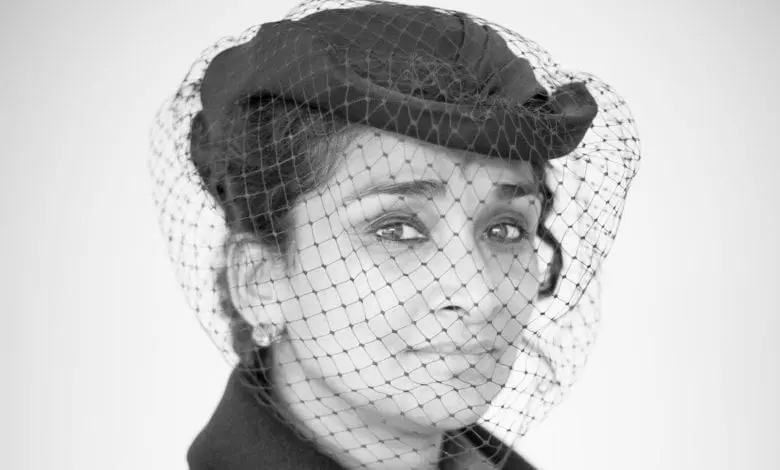Compassion by name, compassion by nature

Hasina Zaman started Compassionate Funerals in 2012, having spent 20 years working as a teacher. She saw the potential she could bring to a sector that had previously been male-dominated.

Join over 5,000 funeral professionals with a membership
Get unlimited access and stay in the know. First-year special offer pricing. Cancel any time.
You have read 2/2 free articles this month.

How many members should have access to the subscription?
Monthly
Yearly
Save £9.89
No, thanks
I already have an account

Hasina Zaman started Compassionate Funerals in 2012, having spent 20 years working as a teacher. She saw the potential she could bring to a sector that had previously been male-dominated.